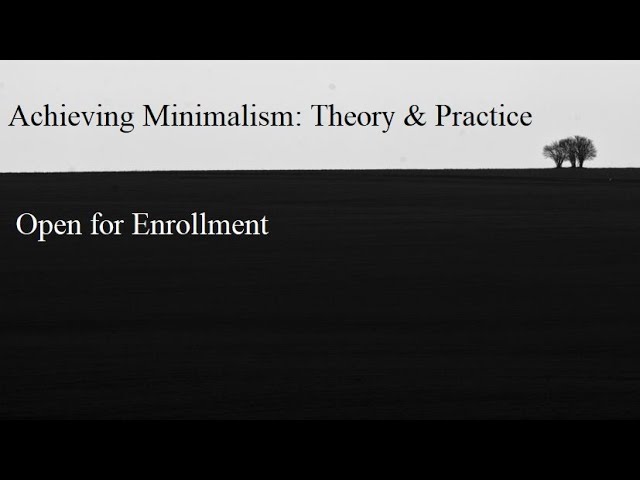close
Dear Creators, we are proud to announce an amazing affiliate program for you to earn some serious and continual cash. Read about our affiliate progarm here.
Caros criadores, temos o orgulho de anunciar um incrível programa de afiliados para vocês ganharem muito dinheiro de forma contínua. Leia sobre nosso programa de afiliados aqui.
Sleep Disturbances Obesity and Type 2 Diabetes Interacting Epidemics
11 Views
• 07/10/23
0
0
Embed
Download























SORT BY-
Top Comments
-
Latest comments
https://www.ncbi.nlm.nih.gov/p....mc/articles/PMC56285
https://www.ncbi.nlm.nih.gov/p....mc/articles/PMC43949
~~~~~~~~~~~~~~~~~~~~~~~~~~~~~~~~~~~
An incomplete extract of Link II.
Abstract
During the past few decades, sleep curtailment has become a very common behavior in industrialized countries. This trend for shorter sleep duration has developed over the same time period as the dramatic increase in the prevalence of obesity and diabetes.
There is rapidly accumulating evidence to indicate that chronic partial sleep loss may increase the risk of obesity and diabetes.
Laboratory studies in healthy volunteers have shown that experimental sleep restriction is associated with an adverse impact on glucose homeostasis. Insulin sensitivity decreases rapidly and markedly without adequate compensation in beta cell function, resulting in an elevated risk of diabetes.
Prospective epidemiologic studies in both children and adults are consistent with a causative role of short sleep in the increased risk of diabetes. Sleep curtailment is also associated with a dysregulation of the neuroendocrine control of appetite, with a reduction of the satiety factor leptin and an increase in the hunger-promoting hormone ghrelin.
Thus, sleep loss may alter the ability of leptin and ghrelin to accurately signal caloric need, acting in concert to produce an internal misperception of insufficient energy availability.
The adverse impact of sleep deprivation on appetite regulation is likely to be driven by increased activity in neuronal populations expressing the excitatory peptides orexins that promote both waling and feeding. Consistent with the laboratory evidence, multiple epidemiologic studies have shown an association between short sleep and higher body mass index after controlling for a variety of possible confounders.
Keywords: Sleep Deprivation, Diabetes, Obesity, Glucose Tolerance, Energy Expenditure, Epidemiology, leptin, ghrelin, appetite, orexins
Go to:
Introduction
The prevalence of obesity and type 2 diabetes is increasing worldwide but particularly in the US.1 Obesity and diabetes are both associated with increased age-adjusted mortality risk as well as a substantial economic burden.2 The causes of this pandemic are not fully explained by changes in traditional lifestyle factors such as diet and physical activity. One behavior that seems to have developed during the past few decades and has become highly prevalent, particularly amongst Americans, is sleep curtailment.
In 1960, a survey study conducted by the American Cancer Society found modal sleep duration to be 8.0 to 8.9 hours,3 while in 1995 the modal category of the survey conducted by the National Sleep Foundation poll had dropped to 7 hours.4 Recent analyses of national data indicate that a greater percentage of adult Americans report sleeping 6 hours or less in 2004 than in 1985.5
Today, more than 30% of adult men and women between the ages of 30 and 64 years report sleeping less than 6 hours per night. 5 The decrease in average sleep duration in the U.S. has occurred over the same time period as the increase in the prevalence of obesity and diabetes.
The present review examines the existing evidence for a link between short sleep and increased risk of obesity and diabetes and explores putative causal mechanisms. By “short sleep”, we mean sleep durations under 7 hours per night. There is substantial evidence in support of an association between long sleep (>8 h) and increased morbidity and mortality,6–8 but the mechanisms linking long sleep and poor health are likely to be distinct from those mediating the adverse effects of short sleep.
Figure 1 provides a schematic representation of some of the pathways that could mediate an adverse effect of sleep loss on the risk of obesity and diabetes. Several of these pathways interact with one another. An upregulation of the activity of orexin neurons may be a primary mechanism linking sleep deprivation and adverse metabolic effects.
Total or partial sleep deprivation results in increased sympathetic nervous activity, increased levels of cortisol in the evening, and increased levels of growth hormone (GH) in the daytime. All of these can, in turn, lead to increased insulin resistance and reduced glucose tolerance, and thus increase the risk of developing of diabetes. Sleep loss also impacts hormones involved in appetite regulation.
After sleep restriction, the levels of leptin, a satiety factor, are lower and the levels of ghrelin, an appetite stimulant, are higher. Less time sleeping also allows for more opportunity to eat. Thus, through these pathways, sleep loss could lead to increased appetite and increased food intake, which could lead to obesity.
Finally, sleep loss and the associated sleepiness and fatigue may be result in reduced energy expenditure, in particular through decreased physical exercise but also through decreases in non-exercise activity thermogenesis (NEAT). Reduced energy expenditure is to date an unexplored pathway that could link short sleep and the risk of overweight and obesity.
Obesity is in itself a major risk factor for type 2 diabetes. This cascade of negative events is likely to be accelerated in many overweight and obese individuals by sleep-disordered breathing (SDB), a reported independent risk factor for insulin resistance.9, 10 The present chapter will only focus on sleep loss resulting from behavioral sleep restriction rather than from the presence of a sleep disorder.
1 year ago
this is 'iffy' at best... now sleep dep. does play a small part, but most of it comes from poison being purposely processed into the food we eat, the water we drink, and overly using devices like cellphones and stuff.
not to mention the poisons we use in everyday life aside form that as well, like detergents used to wash clothing and dishes/cutlery, poisons to kill pests and weeds....
also poisons in plastics and other products as well and all of that has a small impact by themselves, not to mention the encouragement to eat/consume more snacks and exercise less...
1 year ago
1 year ago
university of commiefornia... lovely...
course the stuff from there is complete bullshit compared to the university here in WA state, or was... the uni here is probably full of commie bullshit now too.
1 year ago